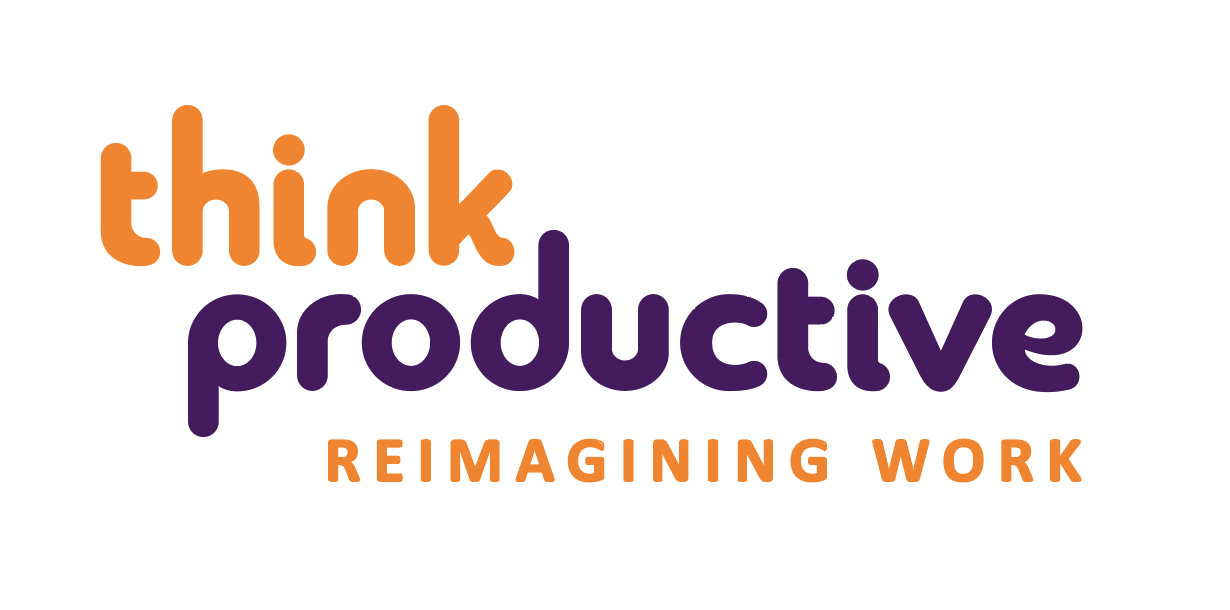Before head ninja, Graham Allcott went offline he summed up his feelings on his July productivity experiment – ‘Fuel’…
July’s productivity experiment was called ‘Fuel’. The idea was that I would play around with optimum diets for productivity. I also contrasted that with my Ramadan fasting challenge: 3 days of doing as my friends at Productive Muslim do for the whole month of Ramadan. I was expecting the contrast to be “great productivity” and “flat productivity”. The outcome wasn’t quite as simple as that.
For the first part and end part of the month, I ate a controlled diet, written for me by Colette Heneghan of Optimum Living. Colette quickly established my diet was lower in proteins that it needed to be. I do eat a lot of fish, but other than that I’m veggie, and much as I do love a salad, I probably don’t eat enough of them or vary them up. I also cut out a lot of the things in my diet that contain the sugars that leave you rollercoastering along with your energy between sugar high and sugar low. This included the obvious: sugar in my tea, chocolate, biscuits. But it also meant some changes to my diet from what I thought were perfectly good meals for energy: jacket potatoes, beans on toast, pasta, cornflakes for breakfast. These are all high in refined sugars and so had to go.
I was already into porridge as the breakfast of champions. On this new diet, I added berries and nuts to it to ‘balance’ out the carbs. And on other days, my breakfast was a high-protein omlette with added onion, tomato, spinach and pepper.
For lunch, it would usually be a salad, perhaps with some oily fish thrown in. Dinner was things like fish with rice, vegetable stews and other hearty stuff. And in between meals, gone were the usual chocolate or buscuits, to be replaced by fruit, nuts and the legendary brain fuel shakes.
I have to say that overall I was really impressed with the results. The first couple of days were difficult – I was craving caffeine and sugar, I had headaches and it felt a little distracting. It wasn’t really until a few days in that I started to realise I no longer had an energy dip in the afternoons – and I didn’t even have that post-lunch lull either! One day I found myself still ‘in the zone’ and looked at my watch. It was already 7pm and I still felt like it was about 5. Time flies when you do.
The Ramadan part of the month was fascinating, as much for the cultural exchange aspects as the diet stuff. Here’s the conversation I had roughly 10 times a day, every day in July:
“I’m going to try fasting for Ramadan”.
“But you can still drink water, right?”.
“No!”.
So I officially became Britain’s Non-Islamic cultural ambassador for the Islamic faith. I even got to appear on the Islam Channel’s equivalent of the One Show. It was fun.
I was expecting the fasting part to be “bad productivity”. For the first day or so, it was. My body was shocked into a sluggishness, I had a headache again just like at the start of the month, and I didn’t feel much like cracking into the difficult stuff.
But as the 3 days went on, my body started to adjust. I felt lighter, I no longer had to worry about getting up from the desk to get food or drinks and I was struck by a profound sense that what I was doing was part of something bigger. I’m not talking about religious conversion here (although I’m sure if I was religious it would increase this felt sense even more), but just culturally the fact that I was joining so many millions of people around the world in doing something that’s truly humbling.
I felt more grounded, more present, more in touch with my own mortality somehow. And it put me ‘in the zone’ on day three just as much as my days of brain fuel shakes and snacks with nut butters. What was gone was the caffeine crashing and sugar rollercoasters and I think I’d rather lose those things from my diet completely than go through the highs and lows. There’s a level of focus when you know that you’re limited in your energy, that you’re conscious of the need to look after yourself and that you’re working day-to-day, hour-to-hour, minute-to-minute on being kind to yourself. It was a truly fascinating experience, enhanced significantly by all the love and support shown to me by Muslims from around the world, curious at why on earth this Non-Muslim guy in the UK was joining in with the fasting in the first place.
much as my days of brain fuel shakes and snacks with nut butters. What was gone was the caffeine crashing and sugar rollercoasters and I think I’d rather lose those things from my diet completely than go through the highs and lows. There’s a level of focus when you know that you’re limited in your energy, that you’re conscious of the need to look after yourself and that you’re working day-to-day, hour-to-hour, minute-to-minute on being kind to yourself. It was a truly fascinating experience, enhanced significantly by all the love and support shown to me by Muslims from around the world, curious at why on earth this Non-Muslim guy in the UK was joining in with the fasting in the first place.
So overall, my conclusion is that fuel does really matter. But giving your brain the right combinations is what’s at the heart of finding that proactive attention. So much as my optimum diet gave me hours of concentration, so did eating nothing all day but being kind to myself.

